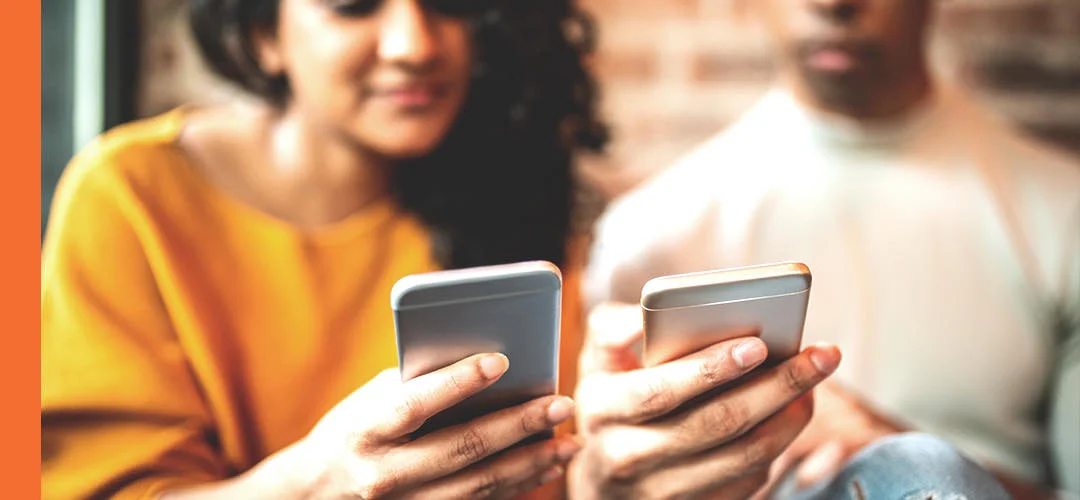
Facebook® and Twitter® may be the new means of communication for the 21st century, but these new technologies are inherently more dangerous than picking up the phone to call a friend. The threats posed by social media don’t necessarily mean they should be avoided at all costs; in fact, quite the opposite. Social media is an exciting new platform that can be used to benefit you both personally and professionally. But, it is important to be informed and take steps to protect yourself from the risks involved.
Don’t Reveal Too Much. It is never a good idea to reveal too many personal details on your social media networks. Not only is it dangerous to list things, such as your address or phone number for all to see, but posting your constant whereabouts (e.g., when you’re on vacation) can be a welcome signal to burglars looking to rob an empty home. Furthermore, other personal information, like the name of a first pet, or your mother’s maiden name, can be the necessary information a hacker needs to crack your passwords.
Set Up Your Privacy. Your privacy settings can go a long way towards making sure you’re protected. Most social media sites, like Facebook, have privacy settings, but not by default. You need to go in and change your settings so you can limit who will access your information. Be sure to lock your privacy settings so only those you know and trust have access to your content. Additionally, be wary of adding people to your social networks that you don’t know in real life. If you’re going through the trouble of locking down your privacy settings, but adding anyone and everyone, you still might be at risk.
Secure Your Computer. Make sure your computer contains updated anti-virus security. A lot of the links presented on profiles or in status updates on social media websites can actually be scams that contain malicious software, such as viruses. Outdated browsers and outdated operating systems do little to protect you from these dangers. Beware of these links, as they could also lead to spoofed websites. A spoofed website is a fraudulent website designed to look like the original, but in reality its only purpose is usually to get your personal information.
Log Out When Done. One final step to take to make sure your social media accounts are protected is to log out of any browser you access your sites on. If you use a public PC at a college or a library, or if you use a friend's PC, you have to specifically log out of that site. Just closing down the browser isn't enough because the next person who opens up the browser may find that he or she is still logged in as you.
© 2015 Harland Clarke Digital®